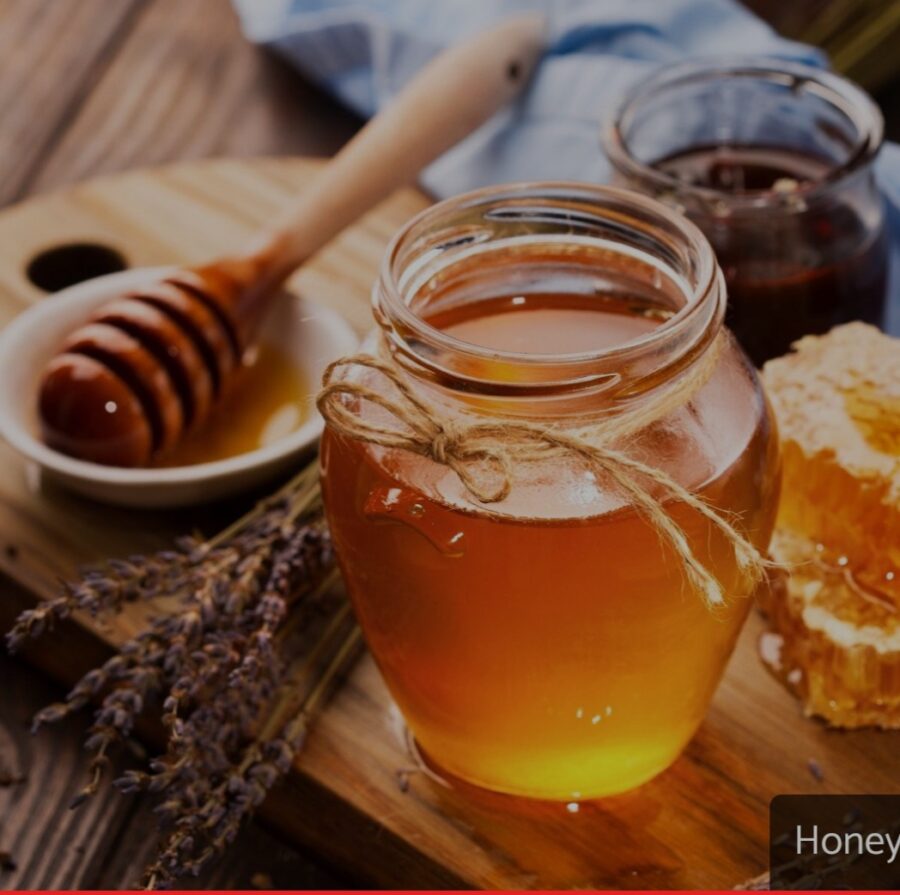
Honey: Bacteria’s Worst Enemy
It may not look like it’s sitting in that cute bear bottle, but honey is a bacteria-killing powerhouse.
In Islam, chapter 16 of the Holy Qur’an is named “the Bees”. Some of the verses of this chapter say;
{And thy Lord taught the Bee to build its cells in hills, on trees, and in (men’s) habitations; Then to eat of all the produce (of the earth), and find with skill the spacious paths of its Lord: there issues from within their bodies a drink of varying colors, wherein is healing for men. Verily, in this is a sign for those who give thought.} [Surat An-Nahl 16:68-69].
Bees and some related insects produce honey. They make it from the sugary secretions of plants called floral nectar, or other insects (aphid honeydew). This production process contains several steps; regurgitation, enzymatic activity, and water evaporation.
In fact, honey gets its sweetness from the monosaccharides fructose and glucose. It has about the same relative sweetness as granulated sugar. Moreover, it provides 64 calories in a serving of one tablespoon (15 ml) equivalent to 1272 kJ per 100 g.
This sweet food has attractive chemical properties for baking and a distinctive flavor when used as a sweetener. Most microorganisms don’t grow in honey, so sealed honey doesn’t spoil, even after thousands of years.
Check the video above to know more about the molecular secrets behind this marvelous capability which Allah have given to honey.
This article is from our archive, originally published on an earlier date, and highlighted now for its importance
SOURCE: https://aboutislam.net/muslim-issues/science-muslim-issues/honey-bacterias-worst-enemy/

